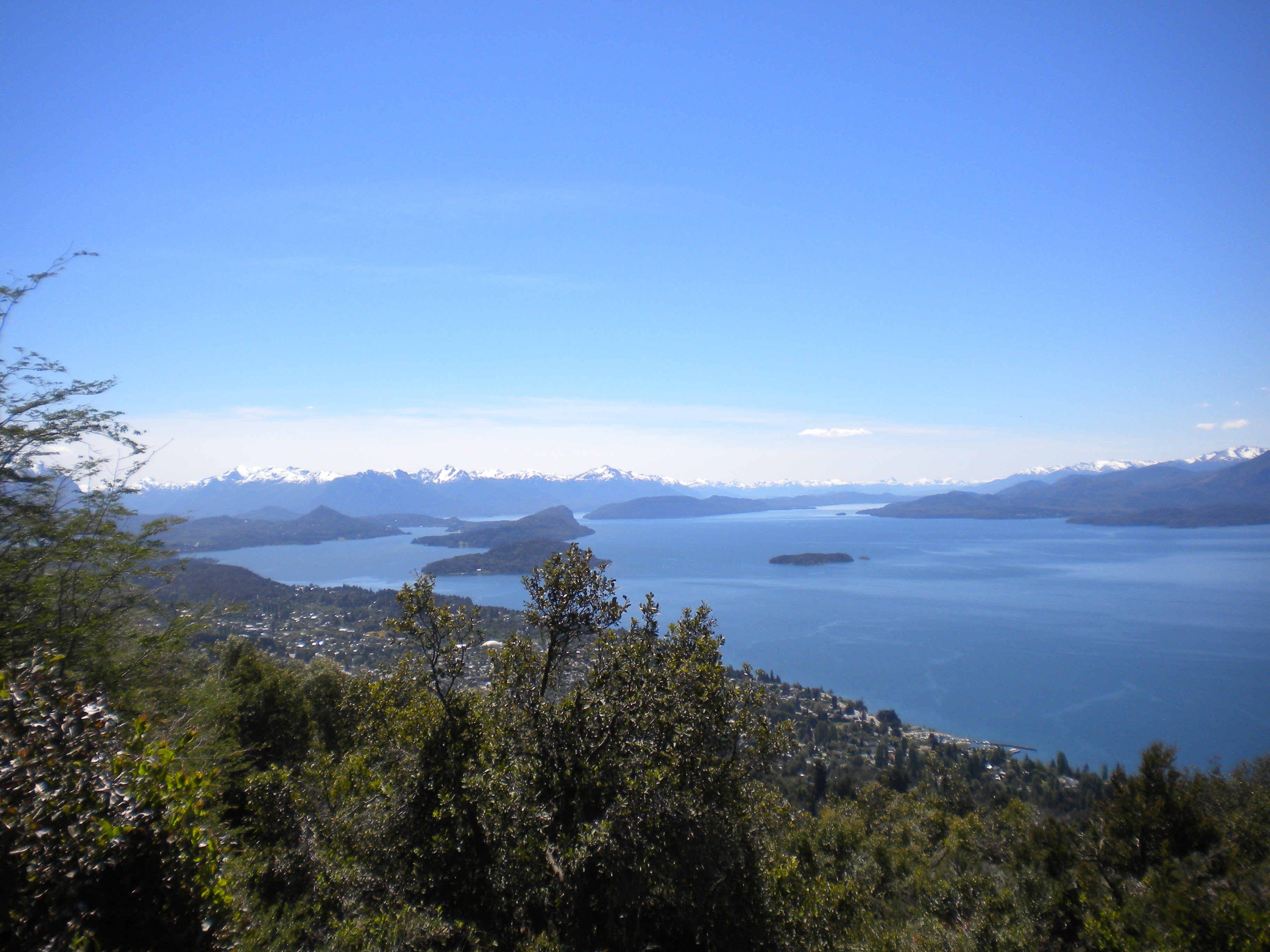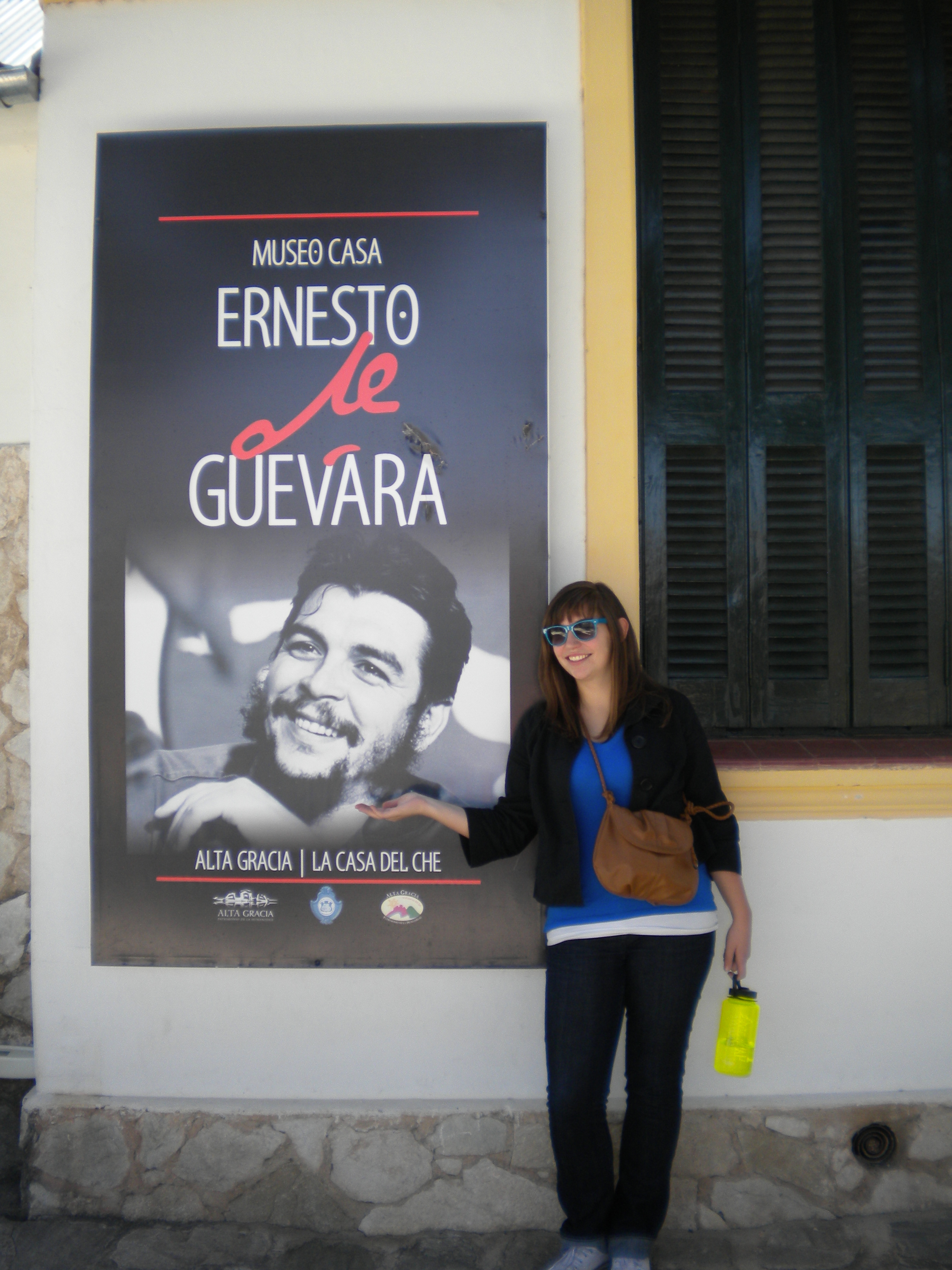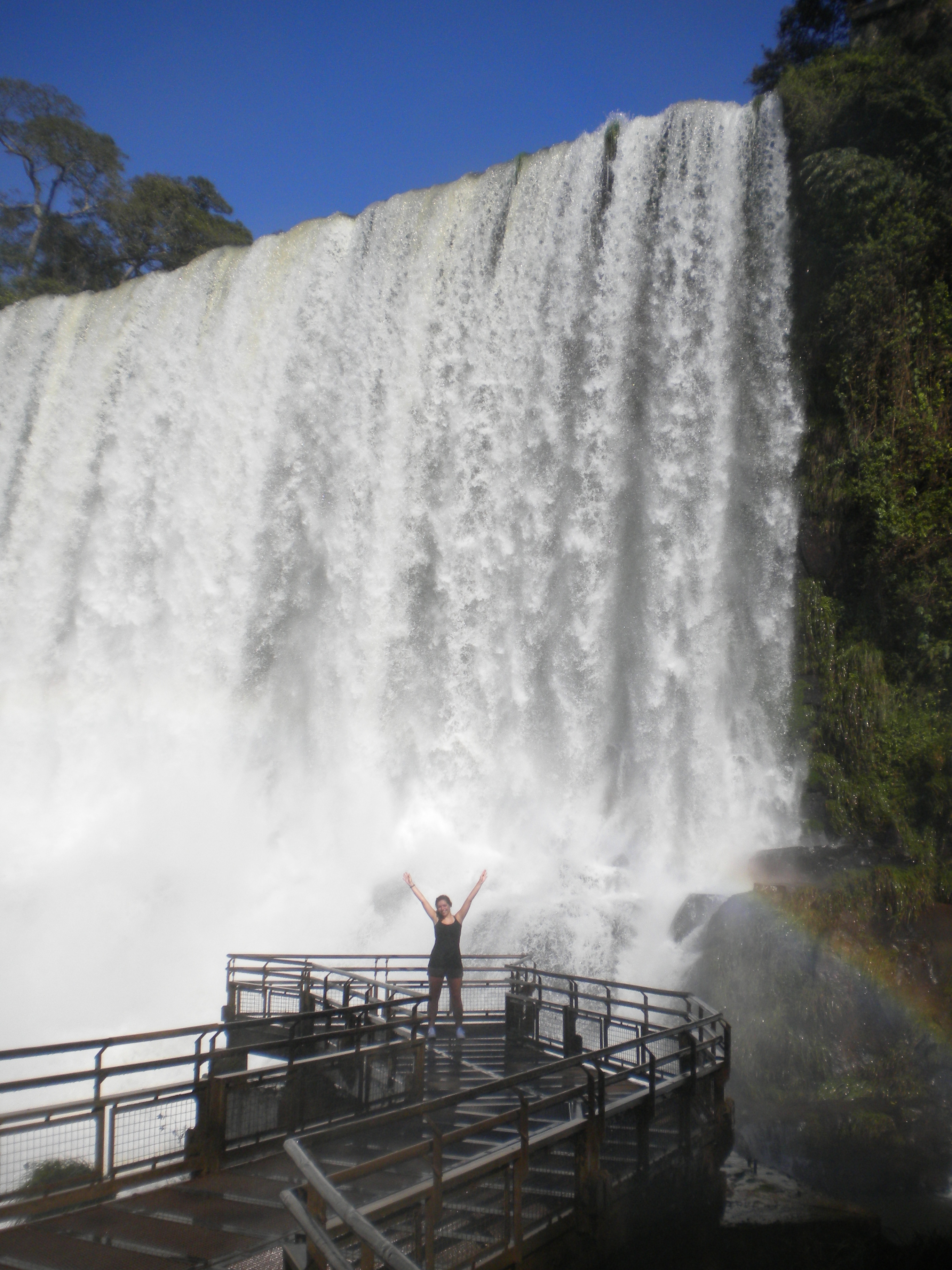Return to the search form Return to your search results
SIT Argentina Social Movements and Human Rights
Fast Facts
Sessions Offered:
Fall, Spring
Location:
Buenos Aires, Argentina
Credit:
Transfer
Eligibility:
2.5 GPA. Good academic and disciplinary standing, three recent semesters of college-level Spanish or equivalent, previous coursework and/or other significant preparation in social work, political economy, development studies, or Latin American studies, as assessed by SIT.
Application Due:
9/24 for spring semester and 2/24 for fall semester
Program Cost:
Click the Application tab.
SIT was founded on the idea that cultural exchange leads to positive social change. Because of this belief, each of their programs is centered around one of seven global issues: Climate & Environment; Development & Inequality; Education & Social Change; Geopolitics & Power; Global Health & Well-being; Identity & Human Resilience; and Peace & Justice. As an identity and human resilience issue, this program allows students to study Argentina’s social movements and the country’s past and current struggles to guarantee human rights for its diverse populations. Students learn from local experts: academics, activists, businesspersons, artists, community leaders, and government officials. Access to local perspectives and knowledge gives students a greater understanding of the issues and innovations within their host communities. The program combines classroom study with hands-on work in the field.
Academic Program
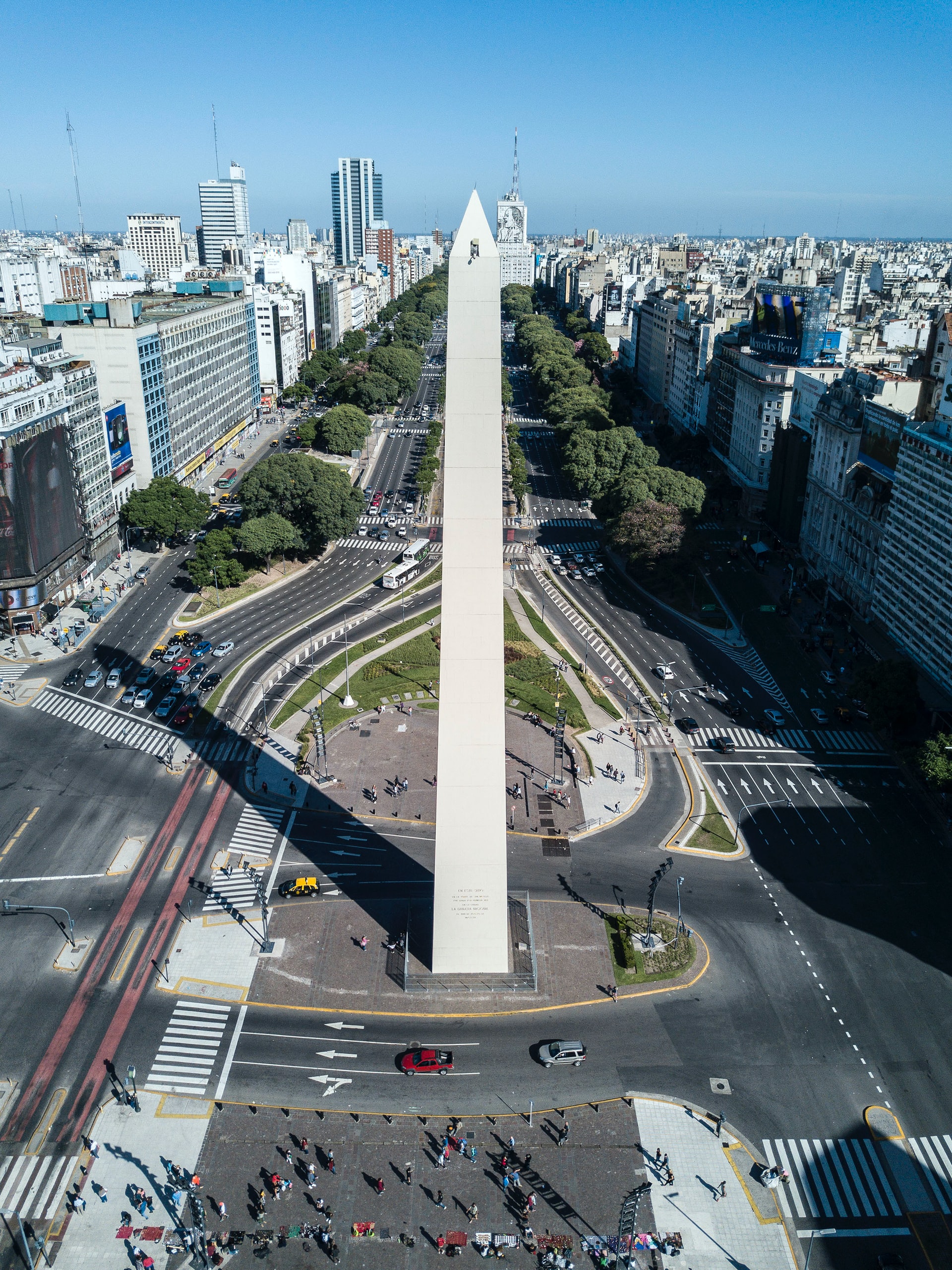
Key topics for the program include the international system of human rights protection, the relationship between social movements and human rights, from both theoretical and applied perspectives, and social movements and human rights organizations in Latin America and Argentina. Argentina’s political, economic and social history are also studied. Students spend roughly the first three months of the program taking four classes for twelve semester hours of credit. The remaining four semester hours of credit is earned by doing one of the following:
Independent Study Project
Conducted in Buenos Aires or in another approved location appropriate to the project, the Independent Study Project offers students the opportunity to conduct field research on a topic of their choice within the program's thematic parameters.Internship and Seminar
This seminar consists of a four-week internship with a local community organization, research organization, business, or international NGO. The aim of the internship is to enable the student to gain valuable work experience and to enhance their skills in an international work environment.All coursework is conducted in Spanish. For course descriptions and syllabi, please consult SIT's program webpage.
Cultural Activities

Students spend one week in Patagonia focussing on human rights and social movements addressing the challenges of human involvement in the natural environment.
Program Dates
Late August to early December for fall semester and late February to mid-June for spring semester.
For More Information
Steps to Studying Abroad
- Before initiating an application with SIT, students must complete a Discover Study Abroad session at the University of Iowa.
- After completing the Discover Abroad session, students must call the Study Abroad office at 319-335-0353 to be assigned to the appropriate study abroad advisor.
- Once assigned, students must meet with their study abroad advisor to receive program application instructions.
Study Abroad
1111 University Capitol Centre
Iowa City, IA 52242
Phone: 319-335-0353
Email: study-abroad@uiowa.edu
The University
When in the classroom, students will study at the Center for the Study of the State and Society, or CEDES. CEDES was founded in 1975 and is an independent, pluralist and nonprofit organization. Its main activities are research, teaching, and technical assistance. The mission for the organization is to carry out research in applied social sciences and to train researchers, always guided by quality standards and by a commitment to contribute to social debate; to the design, implementation and assessment of public policies; to the creation of regulatory frameworks; to the reinforcement of accountability; and to inform advocacy strategies of diverse stakeholders.
The City - Buenos Aires

Buenos Aires was first founded on the southern shore of the river Rio de la Plata by Pedro de Mendoza in 1536, but the settlement was abandoned by 1541. Juan de Gray sailed south on the Parana River from Asuncion and reestablished Buenos Aires in 1580. Today, the city and surrounding area has a population of approximately 13 million people. People from Buenos Aires are known as, “porteños”, and the majority of porteños are of European decent. It is estimated that 37% of the population are of Italian origins. The climate is characterized by warm summers and mild winters. The warmest month is January with an average high temperature of 87 degrees.
The Country - Argentina
With over a million square miles of land, Argentina is the eighth-largest country in the world, the second largest in Latin America and the largest Spanish-speaking country by landmass. The country is divided into 23 provinces, and one autonomous city, Buenos Aires, which is the federal capital of the nation. Each province and the capital have their own constitutions, but exist under a federal system. Argentina is a multicultural country with a strong European influence that can be observed in its styles in fashion, cuisine, architecture and design.
US Department of State Country Information
The US Department of State provides safety and security information for every country of the world to help you assess for yourself the risks of travel. Each country information page contains a Travel Advisory, Alerts, and other important details specific to that country that could affect you.
Pay close attention to the entry and exit requirements, local laws and customs, health conditions, and other details to help decide whether traveling to any given country is right for you. Non-US citizen travelers may also wish to seek guidance from the embassy of their country of citizenship. The UI International Travel Policy for Students addresses restrictions on student travel to high-risk locations and engagement in high-risk activities abroad.
Living Arrangements
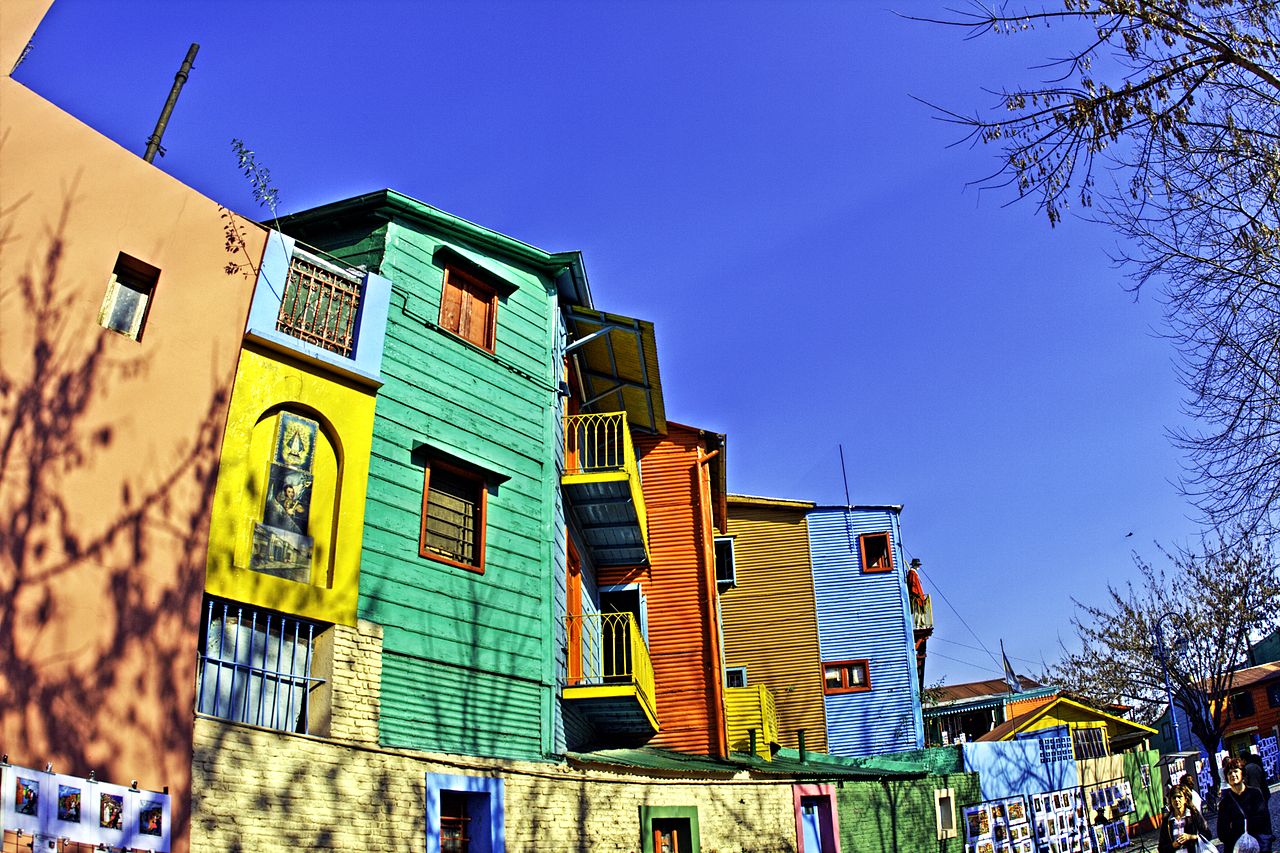
Students live with a family in Buenos Aires for six weeks. Living with a host family gives students an excellent opportunity to practice their Spanish and partake in daily life in a local neighborhood. Host families are middle class and live in apartments or small houses in the sity. All live within the Capital Federal District. Other accommodations during the program include small hotels and hostels.
Passport
US Citizens
If you do not have a passport, it is important that you apply for one as soon as possible to ensure you receive it before the program begins. US citizens can find more information about how to apply for a passport on the US Department of State’s website.
Students with a valid passport should check the expiration date. Passports must be valid for at least 6 months AFTER the anticipated return to the US from studying abroad. If your passport is not valid for at least 6 months after your anticipated date of return to the US, you must renew your passport before applying for a visa or leaving the United States.US citizens can find more information about how to renew a passport on the US Department of State’s website.
Travel Arrangements
Participants will make their own travel arrangements to Buenos Aires, Argentina, taking advantage of any frequent-flyer options and/or internet specials available to them. Information about airport pick up will be given at orientation. Students should book airfare to correspond with the arrival and departure dates given by SIT.
Local Transportation
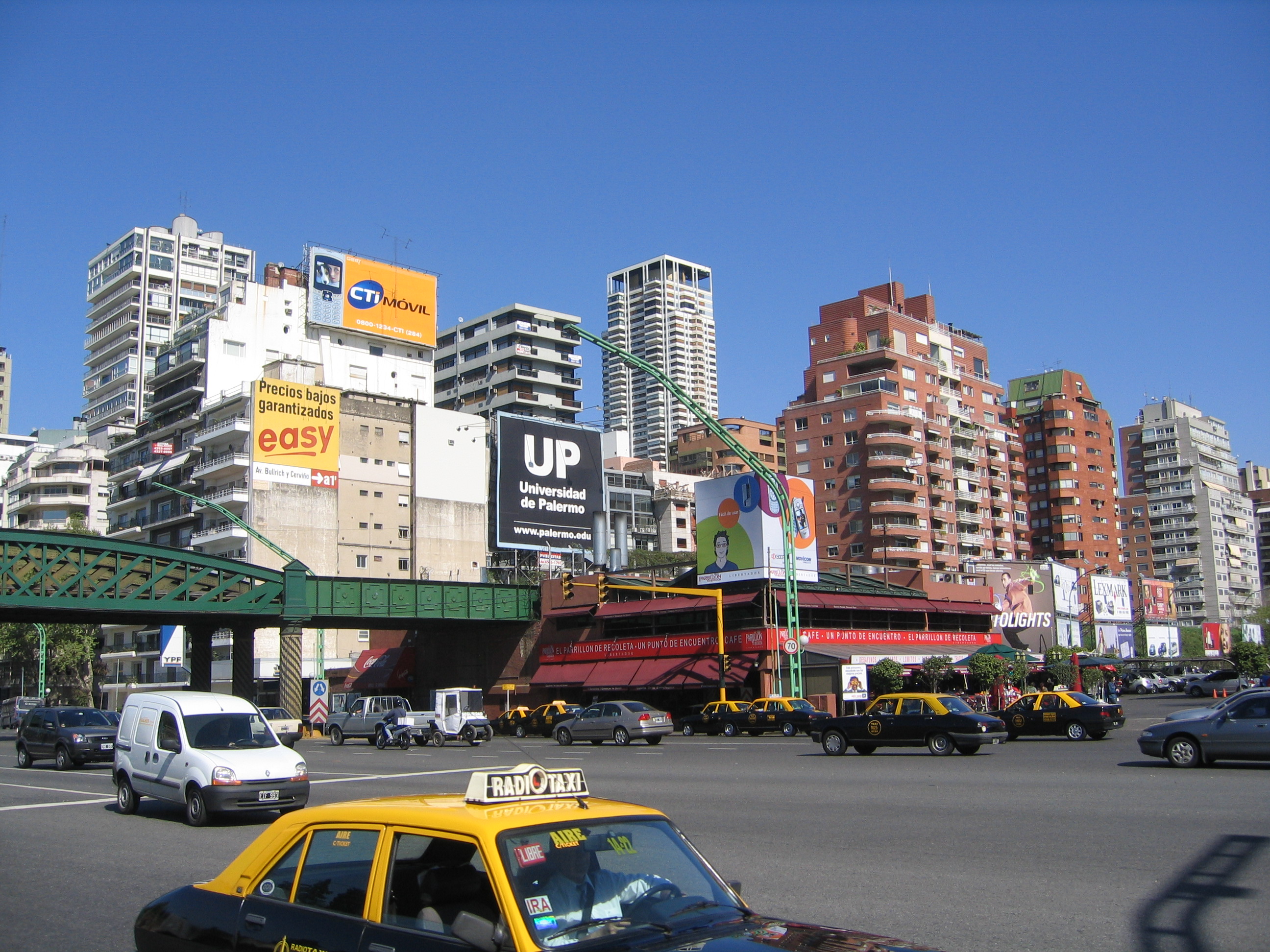
Buenos Aires has public transportation; both buses and a metro system. Taxis are also available in the city for a reasonable price. For excursions out of the area, transportation will be provided for students.
Eligibility
This program is open it UI students who fulfill the following requirements:
- Cumulative GPA of 2.5
- Be in good academic and disciplinary standing at the University of Iowa
- Three semesters of college-level Spanish or equivalent
- Previous college-level coursework or background in social work, political economy, development studies, or Latin American studies
Good academic and disciplinary standing - It is the policy of the UI Study Abroad office that all students who study abroad must be in both good academic standing and good disciplinary standing at the time of their application. Students who, even after being accepted into a program, are put on either academic and/or disciplinary probation for any period of time overlapping with the study abroad program dates are ineligible to study abroad. In these cases, students must forfeit their acceptance and will not be allowed to study abroad. Any student who must forfeit their acceptance and/or attendance on a study abroad program due to a probationary status is wholly responsible for any and all financial expenses incurred.
Cost
Costs charged to the U-Bill
- Application fee (charged at the time of application, before financial aid/scholarships disburse)
- Course Fee- Includes tuition, housing, all meals, on-site airport pick up, orientation, all educational excursions to locations such as northwestern Argentina and Patagonia, including all related travel costs. (charged shortly before departure)
- University of Iowa Study Abroad Administrative Fee (charged shortly before departure)
- The mandatory Iowa Regents International CISI Health Insurance (charged shortly before departure)
Out-of-pocket costs (not charged to U-Bill)
- Food (paid by student at their discretion while abroad)
- Round trip airfare (paid by student directly to travel agent or airline- approx. 6-8 weeks prior to departure, before financial aid/scholarships disburse)
- Local transportation (paid at student’s discretion while abroad)
- Passport (paid by student prior to departure, before financial aid/scholarships disburse)
- Consular and visa fees (paid by student prior to departure, before financial aid/scholarships disburse)
- Textbooks, copyright permission fees, course packets, and other course-related materials (paid upoon arrival to your host country)
- Medical exam/immunizations (paid by student as needed prior to departure, before financial aid/scholarships disburse)
- Personal expenses and personal travel (paid by student as needed while abroad)
- Rental or purchase of required cell phone- does not include usage fees (paid as needed while abroad)
Cost Sheet
The cost sheet (forthcoming) outlines the total estimated costs associated with participating in this program and can be used for financial aid and planning purposes. They include fees charged on students’ U-Bill as well as out-of-pocket expenses. Actual out-of-pocket expenses will vary from individual to individual. Quoted estimates are conservatively high, yet realistic.
 SIT Argentina Social Movements and Human Rights - Spring 2025
SIT Argentina Social Movements and Human Rights - Spring 2025
Financial Aid & Scholarships
Most financial aid (scholarships, grants, and loans) is applicable to study abroad programs. Please check the Study Abroad website for information on financial aid and how it may be applied to studying abroad. You are also encouraged to speak with someone at the Office of Student Financial Aid to explore financial aid options. Scholarship opportunities exist for study abroad participants. Please explore Study Abroad’s websites for UI Study Abroad Scholarship Opportunities, and Non-UI External Awards.
SIT offers awards that can be found on SIT's Scholarships & Grants web page.
SIT has a matching scholarship for Pell Grant Recipients. More information can be found on SIT Pell Grant Match Award web page.
How to Apply

Steps to Studying Abroad
- Before initiating an application with SIT, students must complete a Discover Study Abroad session at the University of Iowa.
- After completing the Discover Abroad session, students must call the Study Abroad office at 319-335-0353 to be assigned to the appropriate study abroad advisor.
- Once assigned, students must meet with their study abroad advisor to receive program application instructions.
Students will need to complete a University of Iowa Study Abroad application and a SIT Argentina Social Movements and Human Rights Program application. Information on these applications will come from the study abroad advisor. Final admissions decisions to the program are made by SIT.
Application Deadline
Applications are due on February 24 for Fall.
Applications are due on September 24 for Spring.
Health & Safety Planning
Students are encouraged to review the following:
Iowa Regents CISI Health Insurance Information
Health preparation Guide for International Travel
This document is intended to help you plan for your medical needs abroad.
Please DO NOT turn this form in to UI Study Abroad.
Visa
U.S. Citizens will need a student visa to study abroad for a semester.
SIT provides Pre-Departure Documents to all program participants. One document is entitled Flight, Passport, & Visa Information. It is essential to read this document and understand what is required to obtain any necessary student visa and/or documents to participate in the program. Ultimately, it is your responsibility to secure any student visa or required documents to participate in the program.
Orientation
In order to prepare for your time abroad, you are required by the University of Iowa to complete two orientations. In addition to orientations provided UI Study Abroad, SIT may have other required pre-departure orientations and information. Please see below for more information.
Online Education Abroad Pre-Departure Orientation
You are required to complete the International Programs online “Education Abroad Pre-Departure Orientation” course distributed through ICON prior to departure. This orientation is mandatory for all students going abroad under the auspices of the University of Iowa. It covers many practical matters about living overseas, such as health and safety, communication, money, goals and much more. You will be enrolled in this course by International Programs and an email will be sent to you once enrolled. If you have any questions you can email safety-abroad@uiowa.edu.
Program-Specific Orientation
This orientation will be facilitated by your study abroad advisor and will cover content specific to the University of Iowa including, but not limited to, billing, insurance, the Credit Approval Form (CAF), and transcripts. It could be conducted in a group setting or one-on-one depending on the type of planned activity abroad. Your study abroad advisor will send you more information about this mandatory in-person session.
SIT Pre-departure Resources
SIT will provide you with a variety of pre-departure resources to prepare you for your study abroad experience. These will include
- Flight, Passport & Visa Information
- Country Overview & Packing Guidelines
- Health Guidelines & Requirements
- Mental Health, Counseling & Wellness Tips
- Safety, Security & Health
- Recommended Readings & Resources
- SIT Study Abroad Student Handbook
